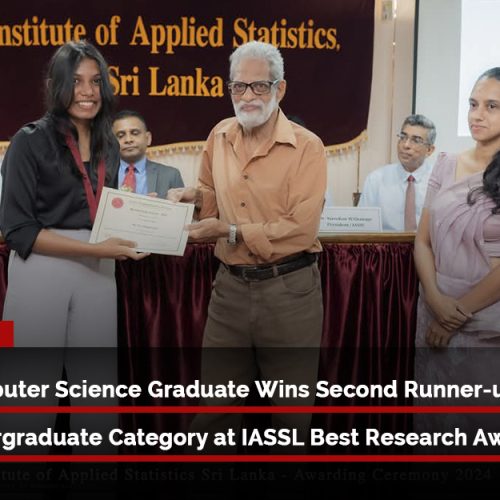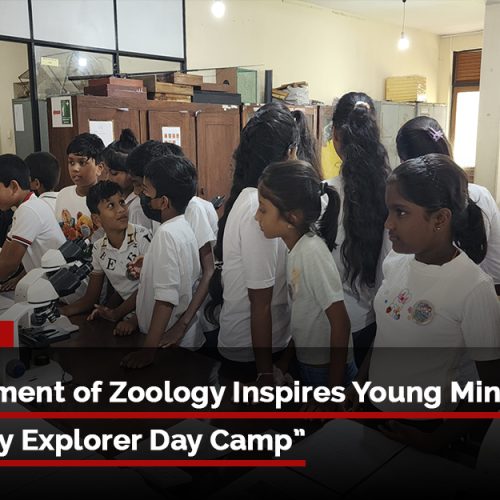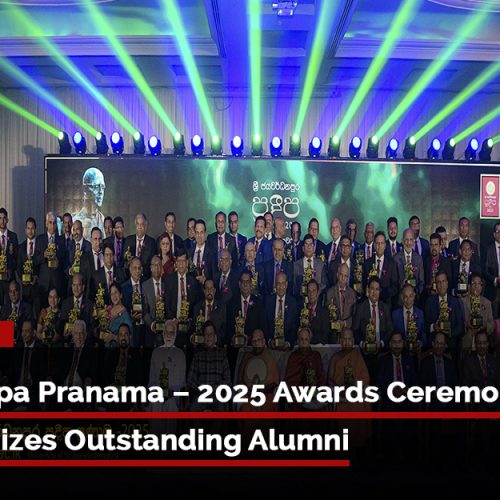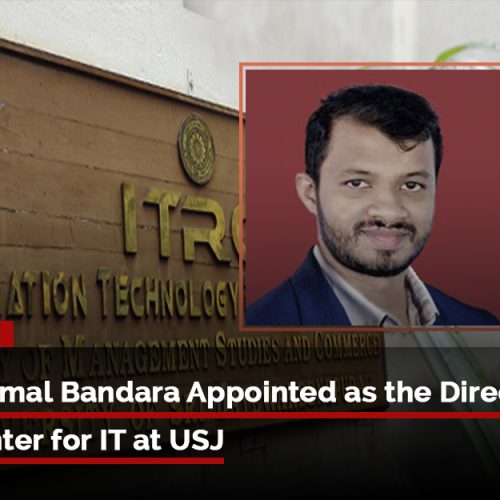
Skype Lecture on “Drug discovery targeting EGFR mutations for lung cancer therapy” by Dr. Shinichi HASAKO, at TAIHO PHARMACEUTICAL CO., LTD, Japan, was conducted on 09th April 2018. Live streaming of the lecture was connected with the participants at the Genetic Diagnostic Laboratory, Dept. of Anatomy, Faculty of Medical Sciences, USJP.
This lecture was conducted as the 26th DBT-AIST International Laboratory for Advanced Biomedicine Classroom for Advanced and Frontier Education (DAILAB CAFÉ) Series. Professor Ranil De Silva, Professor in the Department of Anatomy of the University of Sri Jayewardenepura is the Coordinator, of the DAILAB at the University of Sri Jayewardenepura, Sri Lanka: National Institute of Advanced Industrial Science (“AIST”), Japan.
Dr. Shinichi HASAKO delivered his lecture on ‘ Drug Discovery Targeting EGFR Mutations for Lung Cancer Therapy’, providing in-depth explanation through the following abstract for the participants in this Skype lecture series.
Abstract: Among cancer-related deaths, deaths from lung cancer are the most common in the world, and approximately 80% to 85% of lung cancers are classified as non-small cell lung cancer (NSCLC). Somatic mutation of the epidermal growth factor receptor (EGFR), most of which are concentrated in the region of exon 18-21, is a major oncogenic driver and is present in approximately 30-50% and 10-20% of NSCLC in Asians and in Americans and Western Europeans, respectively. EGFR is a transmembrane glycoprotein and belongs to the erbB family of tyrosine kinase receptors. Activating mutations in the EGFR kinase domain induce ligand-independent constitutive activation and subsequent downstream molecule phosphorylation, leading to cancer cell growth and survival. Various tyrosine kinase inhibitors (TKIs) targeting EGFR mutations have been developed as anticancer agents: gefitinib, erlotinib, afatinib, for the primary treatment of patients with NSCLC harboring activating mutations, including exon 19 deletions and L858R, and osimertinib has been approved for treating patients with NSCLC with T790M acquired resistance mutations. However, the clinical response of NSCLC driven by EGFR exon 20 insertion mutations to EGFR-TKIs is much lower because plasma concentrations of these drugs in clinical settings are kept low by dose-limiting toxicity caused by wild type (WT) EGFR inhibition. TAS6417 was discovered as a mutant EGFR selective inhibitor. In preclinical studies, TAS6417 exhibited cellular potency to inhibit EGFR exon 20 insertion mutations rather than WTEGFR, leading to in vitro antiproliferative activity and efficacious in vivo anti-tumor effect against cancer cells harboring EGFR exon 20 insertion mutations.










